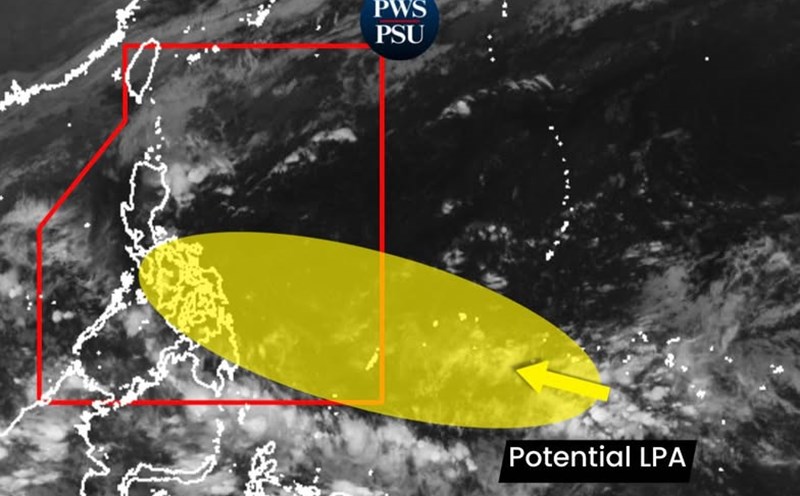According to current regulations, to be eligible to buy social housing, low-income people in urban areas without a labor contract must prove their income and be confirmed by the police at the commune level where they are permanent, temporary or living. However, in reality, many freelance workers are having difficulty in this stage of income confirmation.
The case of Mr. Nguyen Hanh Phuc's family (Hanoi) is a typical example. His wife works as an online saleswoman and is a freelancer, so asking for an income confirmation becomes extremely difficult, causing the family to face the risk of missing the opportunity to access social housing.
Mr. Phuc said that when he went to the Commune Police to request confirmation, the officers responded that the decree had been issued but there were no specific instructions, so there was no basis to confirm income.
"At the end of 2025, many social housing projects will open for sale, but my family cannot register because our income cannot be verified. That made me very regretful" - Mr. Phuc shared.
Similarly, Mr. Tran Duc Hai - a technology driver for many years in Hanoi - wants to have a social housing apartment to stabilize his life. However, because there is no fixed labor contract or salary table, asking for income confirmation is almost "stuck".
Lawyer Tran Thi Thanh Lam (Chieu Phap Law Office) said that the group of "free workers" can be classified as "low-income people in urban areas" according to Clause 5, Article 76 of the Housing Law, if they meet income requirements.
According to lawyers, freelance workers in urban areas are often those who do not sign labor contracts such as street vendors, lottery ticket vendors, small businesses, freelance drivers, seasonal workers such as loading and unloading, etc. This group is considered low income when: single individuals with actual income receive less than 20 million VND/month; single people raising minors have an income of less than 30 million VND/month; couples with a total income of less than 40 million VND/month.
However, the confirmation of income for this group of workers is currently based on data from the National Population Database - where tax, social insurance, and business data can be connected. Due to the nature of the work of not having a contract and unstable income, many freelancers do not have enough data in the system. This causes difficulties for authorities in verifying their income, leading to their inability to complete the documents for purchasing social housing. This is an inadequacy, not in line with the goals of the 2023 Housing Law and the principle of fairness in policy approach.
Lawyer Lam said that to ensure the rights of freelance workers, it is necessary to issue unified national guidelines on the income confirmation process. Currently, the Commune/Ward Police have the authority to confirm according to Form 05 of Circular 32/2025/TT-BXD.
In case there is no data for comparison, there should be instructions to allow workers to freely submit income commitments and take responsibility for the accuracy of the commitments, at the same time, the Commune Police can verify the reality at the place of residence through residential groups, village heads, the Fatherland Front and mass organizations.
In addition, management agencies may also consider using indirect data such as household health insurance contribution levels, electricity and water bills, rental information, consumer - credit data or actual living standards to support objective assessment of the income of freelance workers.
The lawyer affirmed that social housing is especially important for millions of low-income workers, especially freelance workers in urban areas. Therefore, perfecting regulations on income confirmation not only ensures fairness and transparency but also improves the effectiveness of housing security policies.











